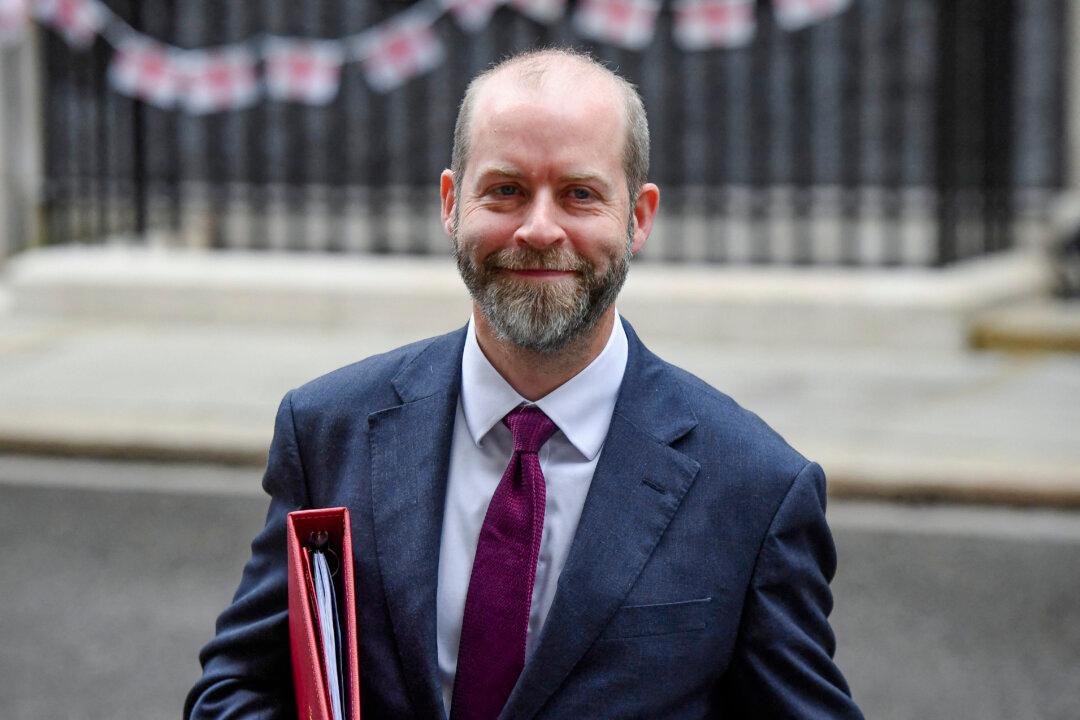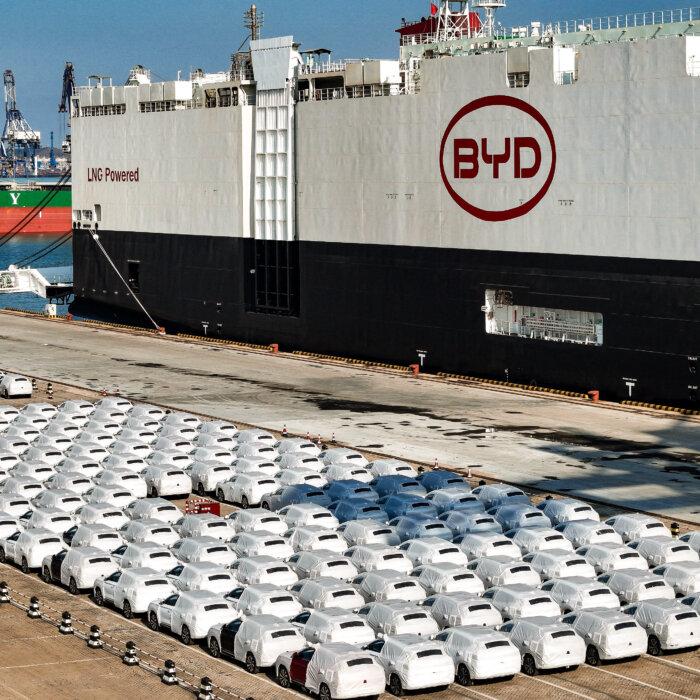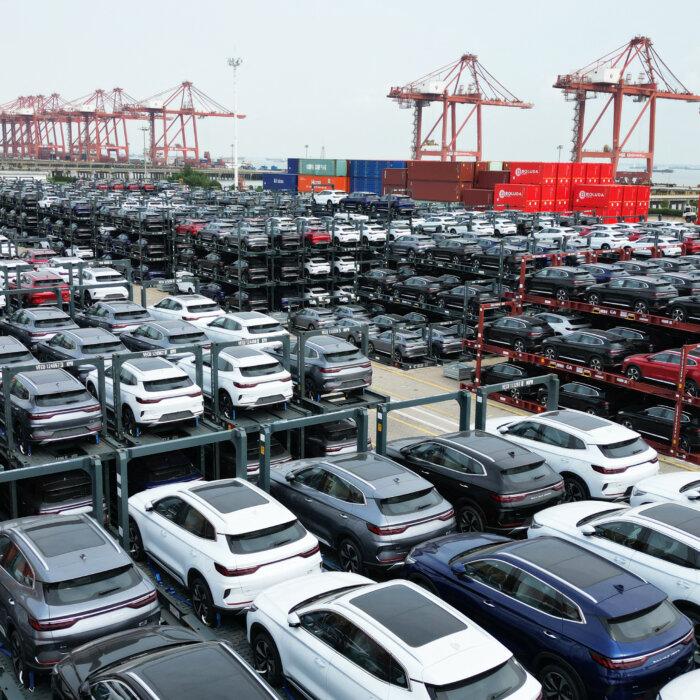The Labour government is not currently planning to follow the European Union’s move to hike tariffs on Chinese-built electric vehicles (EVs), Business Secretary Jonathan Reynolds indicated on Tuesday.
Speaking in Italy during his trip to meet counterparts of other G7 countries, Mr. Reynolds said he’s not ruling out the possibility, but wants to make the right decision for the industry.
The remarks came after Brussels hit EV imports from China with up to 38 percent of tariffs to counter what it believes are unfair subsidies for Chinese firms.
Mr. Reynolds said he had discussed the EU’s move during the trip, but struck a cautious tone on whether the UK would follow suit.
“I am not ruling anything out, but if you have a very much export-orientated industry, the decision you take [has to be] the right one for that sector,” he said.
The business secretary also said ministers hope to reach a deal with the EU that covers a ranges of economic, defence, and security issues.
Before the general election on July 7, the Conservatives didn’t announce any plans to impose more tariffs on Chinese EVs either, but have promised to launch a investigation if the industry called on the Trade Remedies Authority to have one.
Punitive Tariffs
On July 4, Brussels announced that Battery EV (BEV) imports manufactured in China would be subject to up to 37.6 percent of provisional tariffs.The move came after an eight-month investigation that found “the BEV value chain in China benefits from unfair subsidisation, which is causing a threat of economic injury to EU BEV producers.”
The tariffs affect Chinese brands such as BYD, which is subject to a tariff rate of 17.4 percent, as well as Western brands that are manufactured in China.
The EU’s move came after U.S. President Joe Biden ordered the quadrupling of the tariff rate on Chinese EVs from 25 percent to 100 percent in May.
Canada has also announced plans to impose tariffs in a consultation launched last month in a bid to protect jobs.
In order to circumvent the tariffs, some manufacturers in China have began moving factories out of the country, with others considering or reportedly considering the move.
BYD has already announced plans to build factories in Hungary and Turkey. Under the UK’s trade deals with the EU and Turkey, if products made in BYD’s new plants meet the rules of origin instead of being assembled using made-in-China parts, the company would be able to avoid tariffs on exports to the UK.
An expert told The Epoch Times last week that would make it “very, very difficult” for domestic manufacturers to compete with the Chinese brand.
Under the UK’s post-Brexit EV trade framework with the EU, from this year, 45 percent of a vehicle (by value) has to be made in the EU for it to be eligible for zero percent tariff while being exported to the UK, and when vice versa the percentage is set to increase to 55 percent from Jan. 1, 2027.







